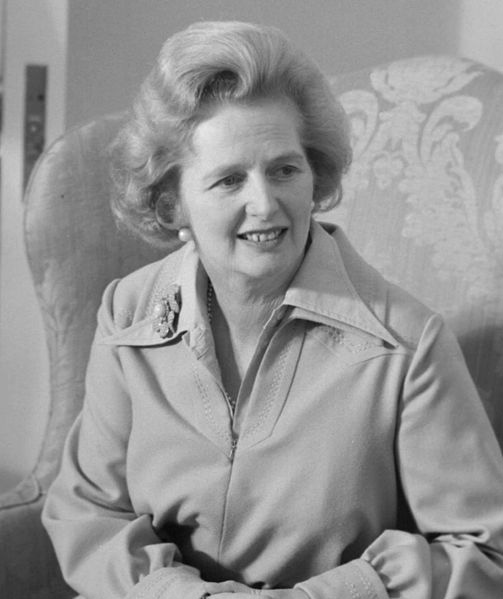Obituaries: the first verdict in history
Historian article

Last year marked the deaths of two world-renowned historical figures - Margaret Thatcher and Nelson Mandela. Their obituaries reflected the marked contrast in the way the pair were viewed. Mandela ended up by being universally admired, while Thatcher was both adored and despised in seemingly equal measure. Writer Nigel Starck defined the obituary as ‘the first verdict in history'. Its appraisal of a life distinguishes it from a standard news story about death. It presents some degree of assessment of its subject's character, achievements and, certainly in the case of Mandela and Thatcher, their effect on society. Obits, therefore, are anything but pieces of morbid journalism and reflect life not death.
As both a reader of newspaper obituaries and a history graduate with a weakness for old black-and-white archive, I leapt at the chance of applying for the post of head of obituaries at BBC News back in 1989. I produced both Mandela and Thatcher's obits and though I left the BBC in 2007, these obituaries remained intact since neither had been politically active for a number of years. The same went for the equally contentious historical figure of Ariel Sharon...
This resource is FREE for Student HA Members.
Non HA Members can get instant access for £2.49

